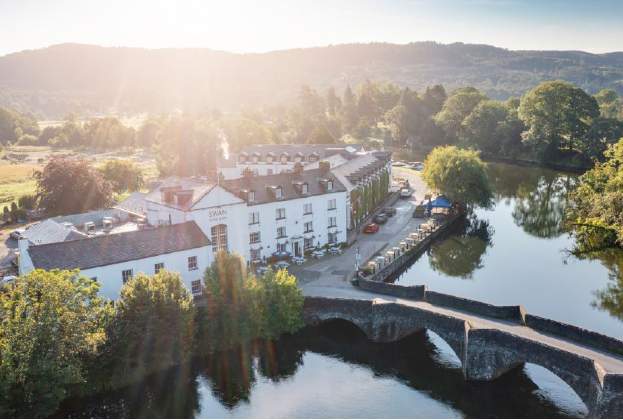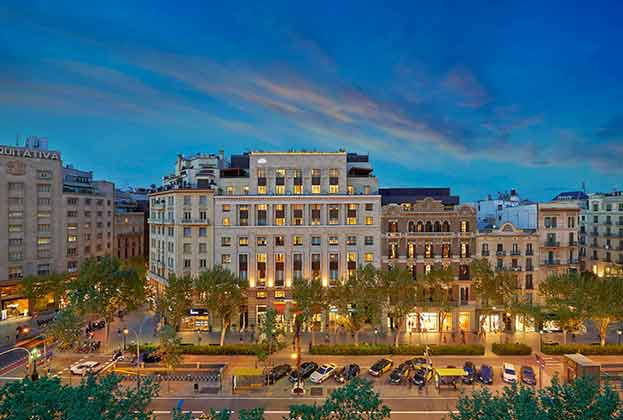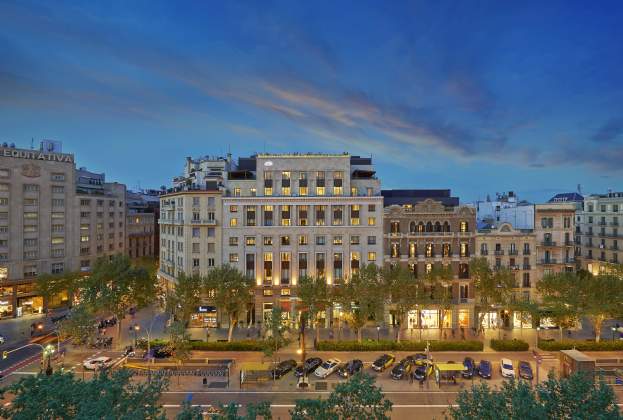The way we travel and spend our holidays is changing rapidly.Younger travellers are prioritising ‘experience’ and taking several trips a year to make the most of their leisure time. They are also increasingly dubious of impersonal hotels and of following well-trodden tourist trails, thereby contributing to the rise of home-sharing sites such as Airbnb, as well as the new generation of hostels such as Generator, which allow them to stay in unique accommodation in less well-known areas.
Many hotels who target leisure guests are already adapting to these trends, dedicating more space to food and drink concepts to attract younger visitors (and those who live and work locally) and make them stand out from the crowd.
But looking ahead to the end of the next decade what else will change how hotels are designed and operate?
Alongside more dining options, hotels are also giving more space over to work and social spaces and providing free Wi-Fi to attract mobile workers who may otherwise decamp to a coffee shop. This helps to create atmosphere and energy in ground-floor areas that are traditionally relatively empty, as well as generating extra revenue in the form of food and drink spend.
Given the growing popularity of flexible workspace providers, such as WeWork and Second Home, we expect some hotels to start sub-letting space to such operators to create fully mixed work/social spaces.
This focus on larger communal areas means that room sizes will be squeezed as in city centre locations there will be little opportunity to expand. With the exception of the luxury end of the market, the average hotel room is therefore likely to get smaller, but given guests will largely spend most of their time outside their room this won’t necessarily be a deterrent. Rooms themselves will be increasingly personalised as operators maximise the potential of data collected via loyalty programmes. Guests are likely to be greeted by their favourite film on TV, their chosen lighting levels and their preferred drink in the mini bar.
More broadly, there will be changes in the very ethos of some hotels. With ecotourism being the fastest growing tourism sector, according to the World Tourism Organisation, eco-hotels will be mainstream. These will go much further than encouraging guests to reuse towels and to recycle: to satisfy green-aware customers hotels will have to demonstrate that they minimise their carbon footprints, generate their own energy, use fair trade products and support local communities, all without compromising on guest comfort.
In addition, hotels will polarise between online and offline. Most will offer super-fast Wi-Fi, letting guests to live-stream every moment of their stay. Others, unwilling or unable to compete, will become dedicated sanctuaries for travellers who wish to digital detox.
The hotel of 2030 therefore won’t look dramatically different from today (apart from showcasing the latest interior design trends), but will better reflect how younger travellers increasingly merge their work and personal lives, their heightened environmental awareness and their desire to be online 24/7.
Further information
Read more: Savills Megatrends Travel
(1).jpg)


.jpg)
.jpg)





